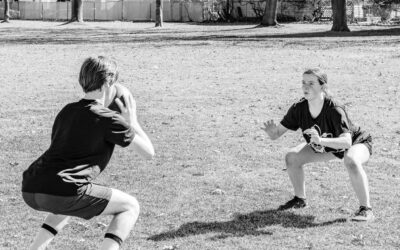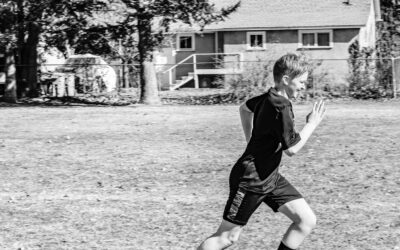Introduction
Hockey tryouts are a critical time for players at all levels. Whether you’re a seasoned veteran or a newcomer, being well-prepared can make all the difference. Preparation isn’t just about being physically fit; it involves mental readiness, off-ice training, and on-ice skills. Here’s a comprehensive guide to help you prepare for your upcoming hockey tryouts.
Mental Preparation
1. Set Clear Goals
– Short-Term Goals: Focus on immediate objectives, such as improving your skating speed or perfecting your puck-handling skills.
– Long-Term Goals: Keep an eye on where you want to be in the future, such as making the team or progressing to a higher level.
2. Visualize Success
Visualization is a powerful tool. Spend a few minutes each day picturing yourself performing well on the ice. Imagine making key saves, executing perfect passes, and skating with confidence. This mental practice can boost your self-confidence and reduce anxiety.
3. Develop a Positive Mindset
Adopt a positive attitude towards the tryout process. Instead of focusing on the pressure, view it as an opportunity to showcase your skills. Remind yourself of your strengths and past successes to build confidence.
Off-Ice Training
1. Physical Conditioning
– Strength Training: Focus on exercises that build core strength, leg power, and upper body endurance. Squats, lunges, and push-ups are excellent choices.
– Cardiovascular Fitness: Incorporate activities like running, cycling, or swimming to improve your overall stamina and endurance.
2. Agility and Speed
– Plyometrics: Engage in plyometric exercises like box jumps, burpees, and ladder drills to enhance your agility and explosiveness.
– Footwork Drills: Practice quick foot movements and direction changes to improve your on-ice agility.
3. Flexibility and Recovery
– Stretching: Incorporate dynamic and static stretching into your routine to increase flexibility and prevent injuries.
– Recovery: Prioritize rest and recovery. Use techniques like foam rolling, massage, and adequate sleep to ensure your body is ready for tryouts.
On-Ice Training
1. Skating
– Edge Work: Focus on improving your edge control with drills that enhance your balance and stability.
– Speed and Agility: Work on your acceleration, crossovers, and transitions to improve your overall skating speed and agility.
2. Puck Handling
– Stickhandling Drills: Practice stickhandling with a focus on control and quick hands. Use cones or obstacles to simulate game situations.
– Passing and Shooting: Enhance your passing accuracy and shooting precision. Work on different shot types, including wrist shots, slap shots, and backhands.
3. Game Situations
– Positioning: Understand your role on the ice and work on your positioning in various game scenarios.
– Small-Area Games: Engage in small-area games to improve your decision-making, quick thinking, and ability to handle pressure.
Final Preparations
1. Gear Check
Ensure all your equipment is in good condition and fits properly. Break in new gear before tryouts to avoid discomfort or distractions.
2. Nutrition and Hydration
Maintain a balanced diet rich in protein, carbohydrates, and healthy fats. Stay hydrated by drinking plenty of water before, during, and after training sessions.
3. Rest and Mental Focus
Get a good night’s sleep before tryouts and practice relaxation techniques such as deep breathing or meditation to stay calm and focused.
Conclusion
Preparing for hockey tryouts requires a holistic approach that encompasses mental readiness, off-ice training, and on-ice skills. By setting clear goals, maintaining a positive mindset, and focusing on physical and technical training, you’ll be well-equipped to showcase your abilities and make a lasting impression. Remember, preparation is the key to success. Good luck at your tryouts!


